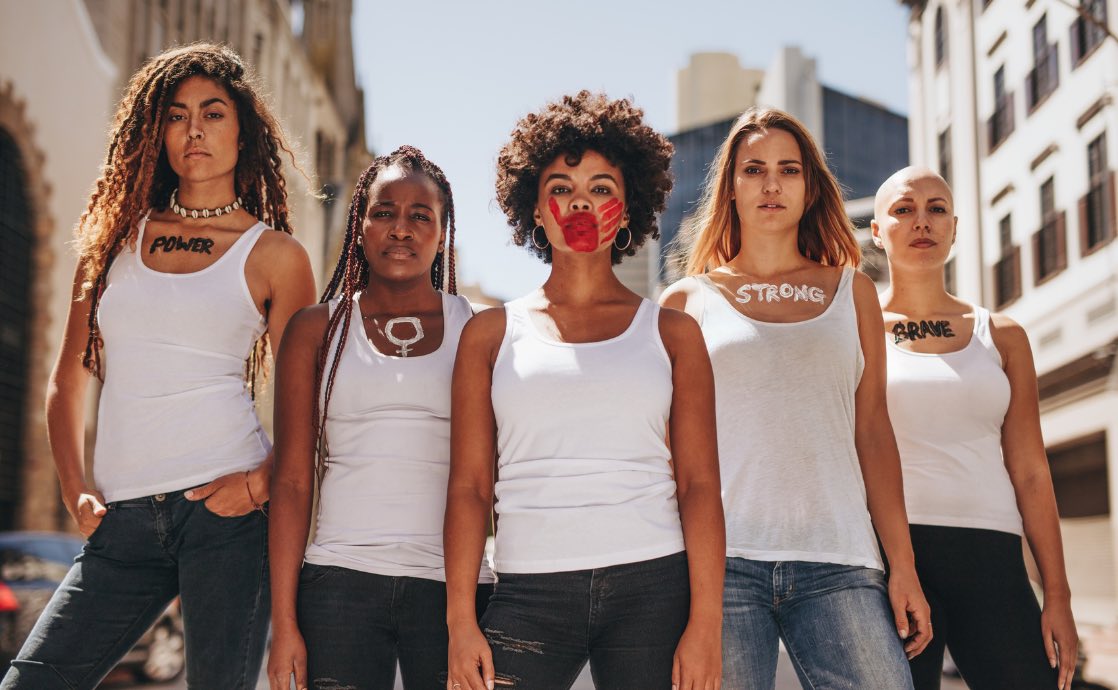When contemplating the intricate relationship between faith and gender equity, one may ask: how can a spiritual doctrine empower women in a world that frequently undermines their agency? The Baha’i Faith, with its rich tapestry of teachings, emerges as a paradigm that not only champions the rights of women but actively acknowledges and fosters their capacity for agency. This exploration seeks to unveil six distinctive mechanisms through which Baha’i principles catalyze the empowerment of women, challenging conventional paradigms and advocating for a more equitable society.
First and foremost, the fundamental tenet of the Baha’i Faith—the oneness of humanity—embodied in the teachings of Baha’u’llah, serves as a pivotal foundation for women’s empowerment. By advocating that all humans, regardless of gender, possess inherent dignity and worth, the Baha’i Faith dismantles hierarchical notions of supremacy and inferiority. This principle instills in women a profound sense of self-worth and encourages them to pursue their aspirations, thus cultivating an environment where agency flourishes. When women recognize that their abilities and contributions are of equal value to their male counterparts, they are more likely to engage actively in societal development.
Moreover, the Baha’i emphasis on education emerges as a transformative force for women’s empowerment. The doctrine articulates that education is not merely a privilege but a moral obligation. This commitment to universal education—irrespective of gender—ensures that women attain the knowledge and skills requisite for navigating various spheres, from familial roles to professional pursuits. When women are educated, they are equipped with tools to make informed decisions, challenge oppressive structures, and contribute meaningfully to their communities. The ripple effect of educated women is profound, as it catalyzes intergenerational change and lays the groundwork for future advancements in gender equity.
Another compelling aspect of Baha’i teachings is the promotion of consultative processes, which are deeply ingrained in community life. Baha’is believe that consultation encourages collaborative decision-making, ensuring that all voices, including those of women, are heard and considered. This participatory model nurtures an environment of respect and equality, allowing women to engage actively in dialogues that shape their lives and communities. By fostering a culture of open discussion and consensus-building, the Baha’i Faith erodes the barriers of patriarchal dominance, enabling women to claim their rightful place in the decision-making processes.
Furthermore, the Baha’i commitment to social justice serves as an impetus for challenging societal norms that perpetuate gender inequality. The Faith asserts that true justice can only be achieved when both men and women collaborate as equal partners in the pursuit of a just society. This perspective not only amplifies women’s voices but also calls upon men to recognize their roles as allies in the quest for equality. By framing gender equality as a collective endeavor, the Baha’i Faith fosters a sense of shared responsibility, urging both men and women to work in tandem against systemic injustices.
In delving deeper into the teachings of the Baha’i Faith, one encounters the powerful notion of service. The Faith posits that individuals are called to serve humanity, which inherently includes uplifting and supporting women in their pursuits. This emphasis on service as a spiritual duty propels both men and women to act as advocates for gender equity. In this light, men are encouraged to support women in their professional and personal aspirations, thereby challenging the antiquated paradigms that have historically constrained women’s agency.
Lastly, the Baha’i Faith encapsulates the importance of role models and narratives in inspiring women’s agency. The teachings underscore the significance of exemplary figures—both historical and contemporary—whose lives demonstrate the potential of women to lead, innovate, and effect change. These narratives serve as a source of inspiration, illustrating the myriad possibilities for women to excel in diverse fields. By raising awareness of such role models, the Baha’i community fosters a culture where women are encouraged to aspire to greatness, thereby invigorating their agency and empowering them to break through societal barriers.
In summary, the unique ways the Baha’i Faith empowers women is a multifaceted endeavor that encompasses principles of equality, education, consultation, social justice, service, and exemplary narratives. Each of these mechanisms coalesces to create an environment ripe for the cultivation of women’s agency. However, it is essential to recognize that this journey is not devoid of challenges. The resistance from entrenched patriarchal structures, societal norms, and systemic inequalities continues to pose significant obstacles. Yet, by adhering to the Baha’i teachings and embodying their principles, individuals can foster a landscape where women’s agency is not only acknowledged but celebrated. As the world grapples with complex gender dynamics, the Baha’i Faith stands as a beacon of hope, illustrating the transformative power of spiritual teachings in advancing gender equity. What challenges will we confront, and what solutions can we envision as we endeavor to put these teachings into action? The answers lie within our collective commitment to uphold the dignity and agency of every individual.
